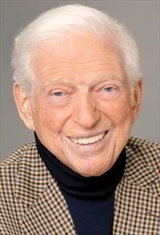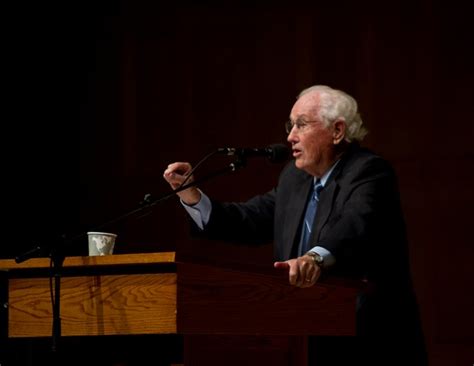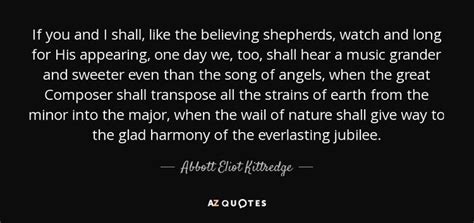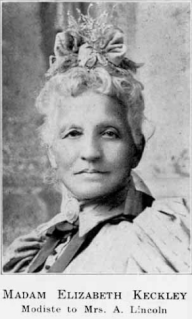A Quote by Frederick Douglass
Viewing the man from the genuine abolitionist ground, Mr. Lincoln seemed cold, tardy, weak and unequal to the task. But, viewing him from the sentiments of his people, which as a statesman he was bound to respect, then his actions were swift, bold, radical and decisive. Taking the man in the whole, balancing the tremendous magnitude of the situation, and the necessary means to ends, Infinite Wisdom has rarely sent a man into the world more perfectly suited to his mission than Abraham Lincoln.
Quote Topics
Abolitionist
Abraham
Actions
Balancing
Bold
Bound
Cold
Decisive
Ends
Genuine
Ground
He Man
Him
His
Infinite
Lincoln
Magnitude
Man
Means
Mission
More
Necessary
People
Perfectly
Radical
Rarely
Respect
Seemed
Sent
Sentiments
Situation
Statesman
Suited
Swift
Taking
Task
Than
Then
Tremendous
Unequal
Viewing
Weak
Were
Which
Whole
Wisdom
World
Related Quotes
Remember that Abraham Lincoln was a Whig far longer than he was a Republican. As a whole, the Whigs looked upon banks and corporations as a more efficient means of development; the Jacksonian Democrats thought they were the tools of the devil, but Whigs like Lincoln disagreed. During his presidency, Lincoln favored the re-construction of a national financial system, and his most important 'internal improvement' project was the Pacific railroad.
There's been more written about Lincoln than movies made about him or television portraying him. He's kind of a stranger to our industry, to this medium. You have to go back to the 1930s to find a movie that's just about Abraham Lincoln. I just found that my fascination with Lincoln, which started as a child, got to the point where after reading so much about him I thought there was a chance to tell a segment of his life to to moviegoers.
You are different from the really great man in only one thing: The great man, at one time, also was a very little man, but he developed one important ability: he learned to see where he was small in his thinking, and actions. Under the pressure of some task which was dear to him he learned better and better to sense the threat that comes from his smallness and pettiness. The great man, then, knows when and in what he is a little man.
The man who has given himself to his country loves it better; the man who has fought for his friend honors him more; the man who has labored for his community values more highly the interests he has sought to conserve; the man who has wrought and planned and endured for the accomplishment of God's plan in the world sees the greatness of it, the divinity and glory of it, and is himself more perfectly assimilated to it.
We are redeemed one man at a time. There is no family pass ticket or park hopping pass to life. One ticket - one at a time. Man doesn't vanquish hatred or bigotry. The target keeps moving. From the blacks to the Irish; atheists to Christians. But as always there are a few leaders: Ben Franklin, John Quincy Adams, Harriet Beecher Stowe, Abraham Lincoln, Fredrick Douglas, Booker T Washington, Ghandi and Martin Luther King. They know that the march toward freedom never ends, man must be ever vigilant and pray less with his lips and more with his legs.
Abraham Lincoln did have intellectual instincts, a tremendous curiosity on a broad range of subjects, and a near-photographic memory for what he read. He was, at the end of the day, a politician: politics were his heaven, said William Herndon. But Lincoln did take comfort in ideas and books, more so than almost any other president, and he went to books and ideas in moments of perplexity to sort things out. Philosopher, no, but thoughtful and "surprisingly well-read" for his day.
By Liberty I understand the Power which every Man has over his own Actions, and his Right to enjoy the Fruits of his Labour, Art, and Industry, as far as by it he hurts not the Society, or any Members of it, by taking from any Member, or by hindering him from enjoying what he himself enjoys. The Fruits of a Man's honest Industry are the just Rewards of it, ascertained to him by natural and eternal Equity, as is his Title to use them in the Manner which he thinks fit: And thus, with the above Limitations, every Man is sole Lord and Arbitrer of his own private Actions and Property.
This Bible, then, has a mission, grander than any mere creation of God; for in this volume are infinite wisdom, and infinite love. Between its covers are the mind and heart of God; and they are for man's good, for his salvation, his guidance, his spiritual nourishment. If now I neglect my Bible, I do my soul a wrong; for the fact of this Divine message is evidence that I need it.
Whatever the situation may be, in the recollection of death there is reward and merit. For even the man engrossed in the world benefits from it by acquiring an aversion to this world, since it spoils his contentment and the fullness of his pleasure; and everything which spoils for man his pleasures and his appetites is one of the means of deliverance.
Abraham Lincoln was, in my judgment, in many respects, the grandest man ever President of the United States. Upon his monument these words should be written: "Here sleeps the only man in the history of the world who, having been clothed with almost absolute power, never abused it, except upon the side of mercy."

































